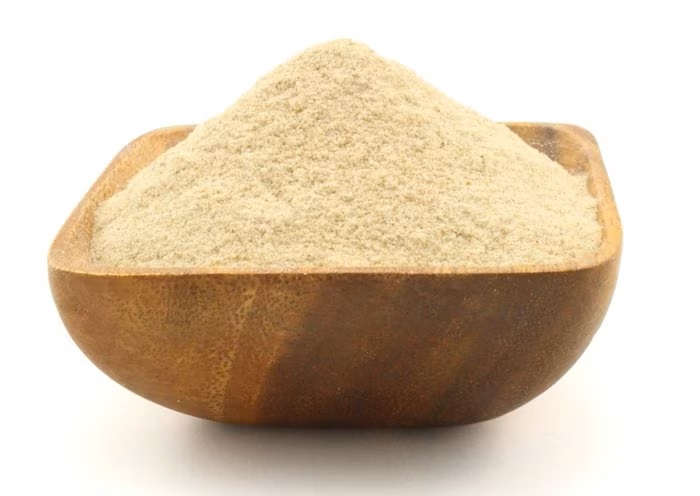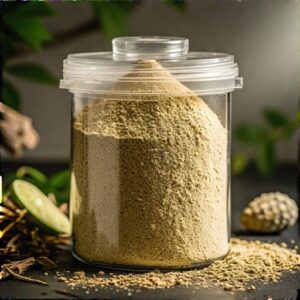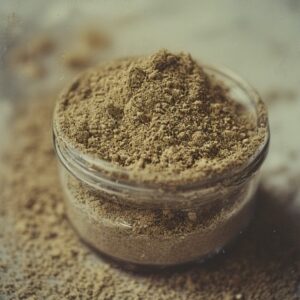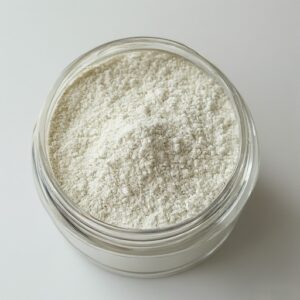Description
Flavin Naturals Psyllium Husk Seed Powder – Superior Soluble Fiber for Digestive Health, Satiety & Functional Food Applications
At Flavin Naturals, we deliver high-quality dietary fibers designed to support digestive regularity, weight management, and heart health. Our Psyllium Husk Seed Powder is sourced from premium Plantago ovata seeds, offering a rich concentration of soluble and insoluble fibers that promote bowel regularity, satiety, and cholesterol management. Processed with minimal heat and no synthetic additives, Flavin Naturals Psyllium Husk Powder ensures high purity, gelling capacity, and batch consistency.
Key Advantages:
Excellent Source of Soluble & Insoluble Fiber:
Supports digestive regularity, stool bulking, and gentle natural cleansing without irritation.
Promotes Satiety & Weight Management:
Forms a gel-like substance upon hydration, promoting feelings of fullness and supporting appetite control.
Supports Healthy Cholesterol & Glycemic Levels:
Assists in maintaining healthy lipid profiles and modulating blood sugar absorption.
Clean, Non-GMO & Additive-Free:
Derived from pesticide-free psyllium seeds, processed without artificial additives, carriers, or flow agents.
Versatile Applications:
Ideal for dietary fiber supplements, functional foods, meal replacements, and digestive health formulations.
Features & Benefits of Psyllium Husk Seed Powder
Source & Purity:
Finely ground psyllium husk powder from Plantago ovata seeds, standardized for high mucilage content to ensure effective water absorption and fiber functionality.
Appearance:
Fine, light beige to pale yellow powder with a neutral taste, exhibiting high water-binding and gelling capacity.
Bioactive Properties:
-
Soluble Fiber (Mucilage): Forms a viscous gel aiding in stool softening, bowel regulation, and cholesterol absorption reduction.
-
Insoluble Fiber: Adds bulk to stool, promoting effective elimination and gut motility.
Functional Benefits:
-
Supports healthy digestion, relieving occasional constipation.
-
Enhances feelings of fullness, aiding in weight management programs.
-
Helps reduce LDL cholesterol levels and supports heart health.
-
Assists in maintaining balanced blood sugar response.
Recommended Applications:
-
Dietary fiber supplements (capsules, powders, blends).
-
Functional food products (breads, cereals, health bars).
-
Meal replacement shakes and digestive health beverages.
-
Weight management and detox formulations.








Reviews
There are no reviews yet.